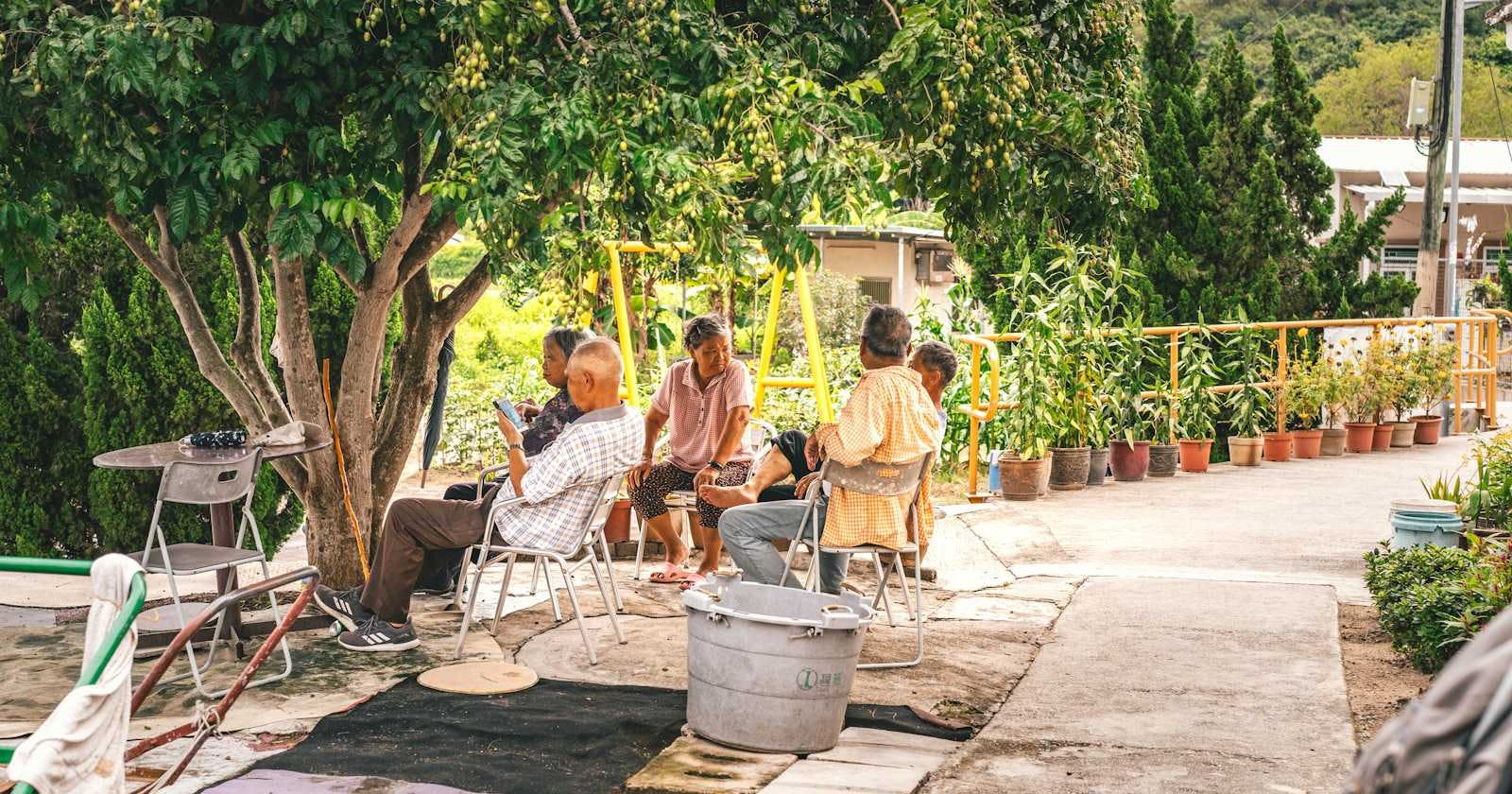Understanding the Cultural Nuances of Questioning Elders: Disrespect or Discourse?
Title: Understanding the Cultural Nuances of Questioning Elders: Disrespect or Discourse?
Introduction:
In many cultures around the world, elders are considered pillars of wisdom and experience, respected for the lives they have led and the knowledge they have accrued. Their age and experience often place them in positions of authority within families and communities. Consequently, in specific social contexts, asking questions to elders or seniors may be perceived as a sign of disrespect. This perception is deeply rooted in cultural traditions, societal norms, and the ways respect is demonstrated across different generations. Let's delve into the reasons why questioning elders might be treated as a form of disrespect and how modern perspectives are shifting these paradigms.
Cultural Expectations and Power Dynamics:
In certain cultures, especially those with a high power distance, there is a clear hierarchy where age is directly correlated with authority. The expectation is for younger individuals to defer to their seniors, accepting their guidance without opposition. Any form of questioning could be interpreted as a challenge to their expertise, judgement, or even their status within the group. This dynamic reinforces a social structure where dissent is discouraged and conformity is valued, preserving social harmony but potentially stifling open dialogue.
Respect for Experience and Wisdom:
Elders are often revered for their accumulated life experiences and their ability to provide counsel based on years of navigating various challenges. The act of questioning their perspectives or decisions may come across as an invalidation of their wisdom and experience. In these cases, silence or agreement is seen not only as polite but also as an acknowledgment of their valuable contributions to society.
Communication Styles and Contexts:
How, when, and where questions are asked can also play a role in whether they are deemed disrespectful. Direct questions may be viewed as confrontational, whereas indirect questioning can be seen as more courteous. Additionally, the formality of the setting—whether it's a public forum, a family gathering, or a casual conversation—can influence how questions are received and addressed. The expectation for young people to be seen and not heard is still prevalent in some contexts, which can further complicate the matter.
Education and the Questioning Mindset:
With education systems across the globe emphasizing critical thinking and inquiry, younger generations are encouraged to ask questions as a means of learning and engagement. Such an approach can clash with traditional expectations of deference and may lead to intergenerational misunderstandings. Educational environments often champion a questioning attitude, which can be challenging to reconcile with a cultural upbringing that might discourage this behaviour outside of the classroom.
The Role of Ego and Insecurity:
There is also a human element to consider. Elders or seniors, like anyone, may have their own insecurities or ego. Being questioned, especially in front of others, can threaten an individual's ego and lead to feelings of being undermined or disrespected. This reaction is not limited to any specific culture but is a general aspect of human nature.
Conclusion:
The perception of asking questions to elders or seniors as disrespectful is multifaceted, influenced by cultural norms, societal structures, communication practices, and individual personalities. It is important to approach such interactions with sensitivity and awareness, recognizing that traditional values may conflict with the evolving educational paradigms that encourage questioning and critical thinking. Open and respectful discourse, which honours both the wisdom of the elders and the curiosity of the youth, can bridge the understanding between generations. As societies become more globalized and intergenerational dialogues become increasingly common, finding balanced ways to communicate, share knowledge, and show mutual respect will become ever more essential.


